
On April 19th, the whole Marilia consortium meet up online with their EC Project Officer and technical reviewers for the Final Review Meeting
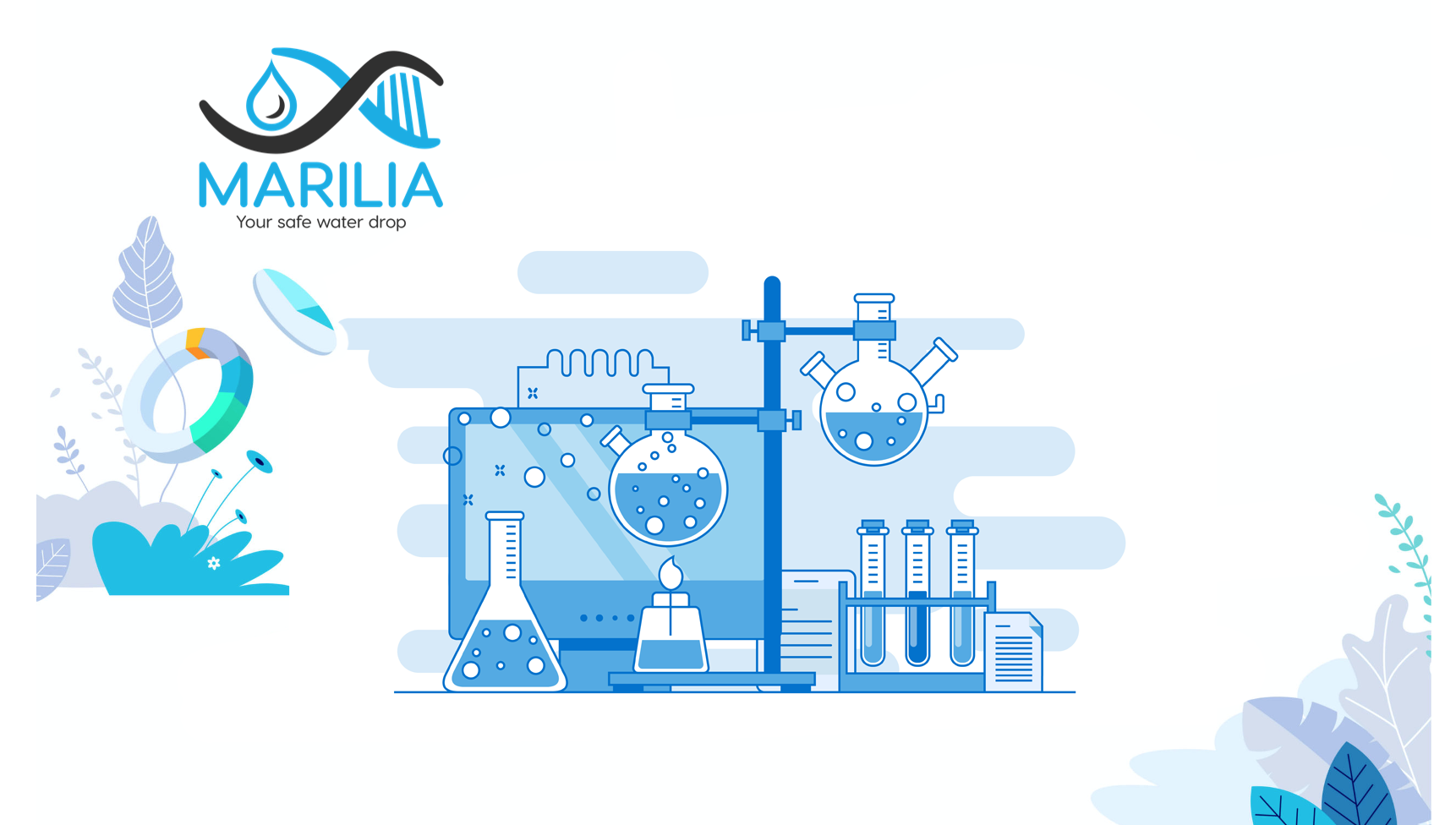
MARILIA project ended on the 28th of february of this year. For the last 30 months, a multidisciplinary team of european research centers and private companies worked towards the development of a breakthrough pathogen detection test of water, which reduces the time and performance of the assay and, at the same time, it is cost-effective.

Marilia last project meeting took place at the AIT, in Wien, Austria.
The main aim of the meeting was to provide an overview of the final work status of the project, being this the last progress meeting and being held only a few days prior the project ending.
The main aim of the meeting was to provide an overview of the final work status of the project, being this the last progress meeting and being held only a few days prior the project ending.
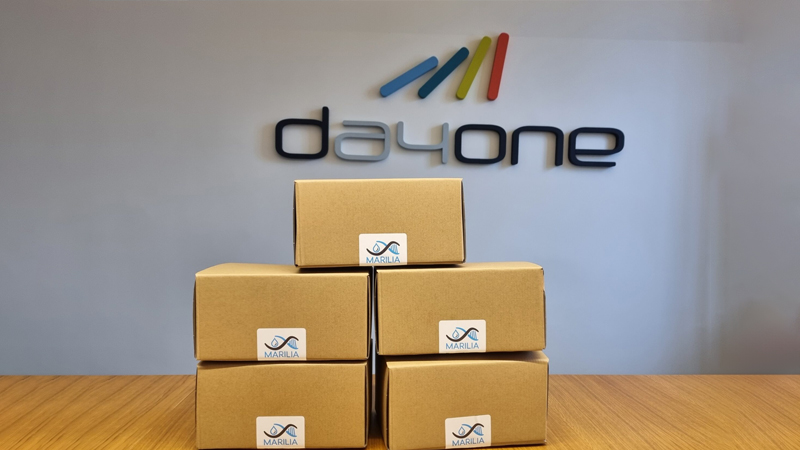
Today the first batch of Marilia's kit has been packed and shipped to selected labs for on-field testing. During the project, the consortium developed a complete and simple kit that includes everything needed to test drinking water for pathogens
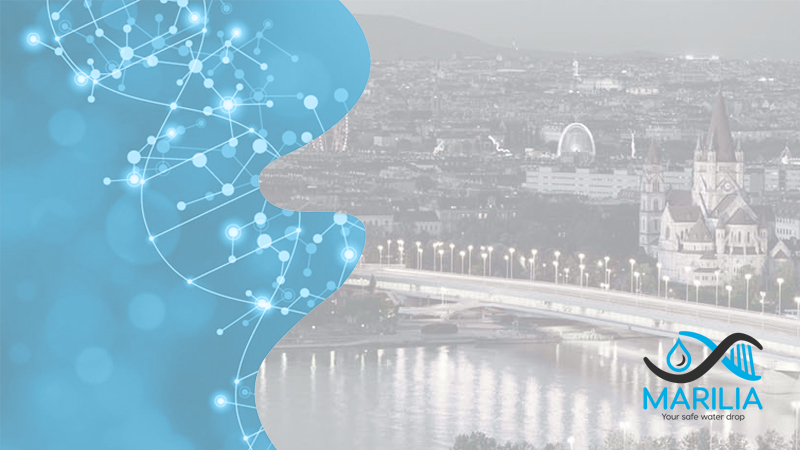
Marilia final progress meeting will be hosted by AIT in Wien the 24th of February. This session marks a fundamental and final milestone, since Marilia is now officially in the last stage of its project life, with only few weeks to go, before the end of the project.
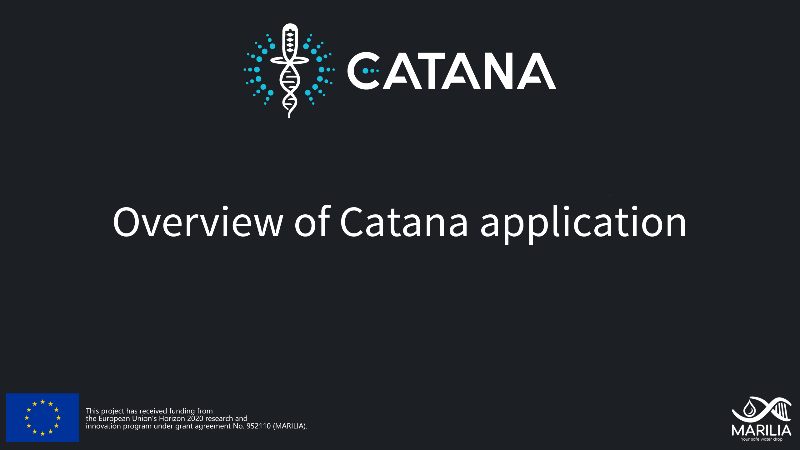
Discover Catana, a web-based modelling environment suited for proteins and DNA nanostructures that was developed during #Marilia project for tasks raging from the design of recombinant protein up to modelling of a functionalized nanostructure.
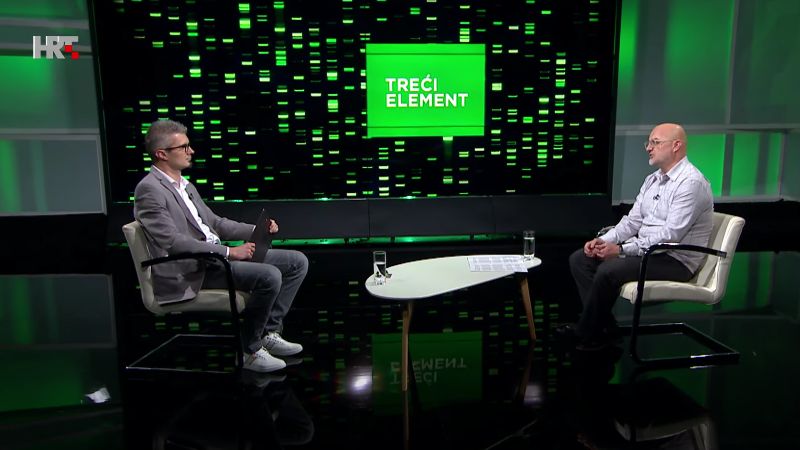
Ivo Crnolatac from Institut Ruđer Bošković appeared on a scientific program on Croatian national television (HRT) as a guest speaker to talk about the newly assigned Nobel prize in Chemistry. During the interview, the researcher also mentions Marilia and the ambitious objectives of this EU-funded project.
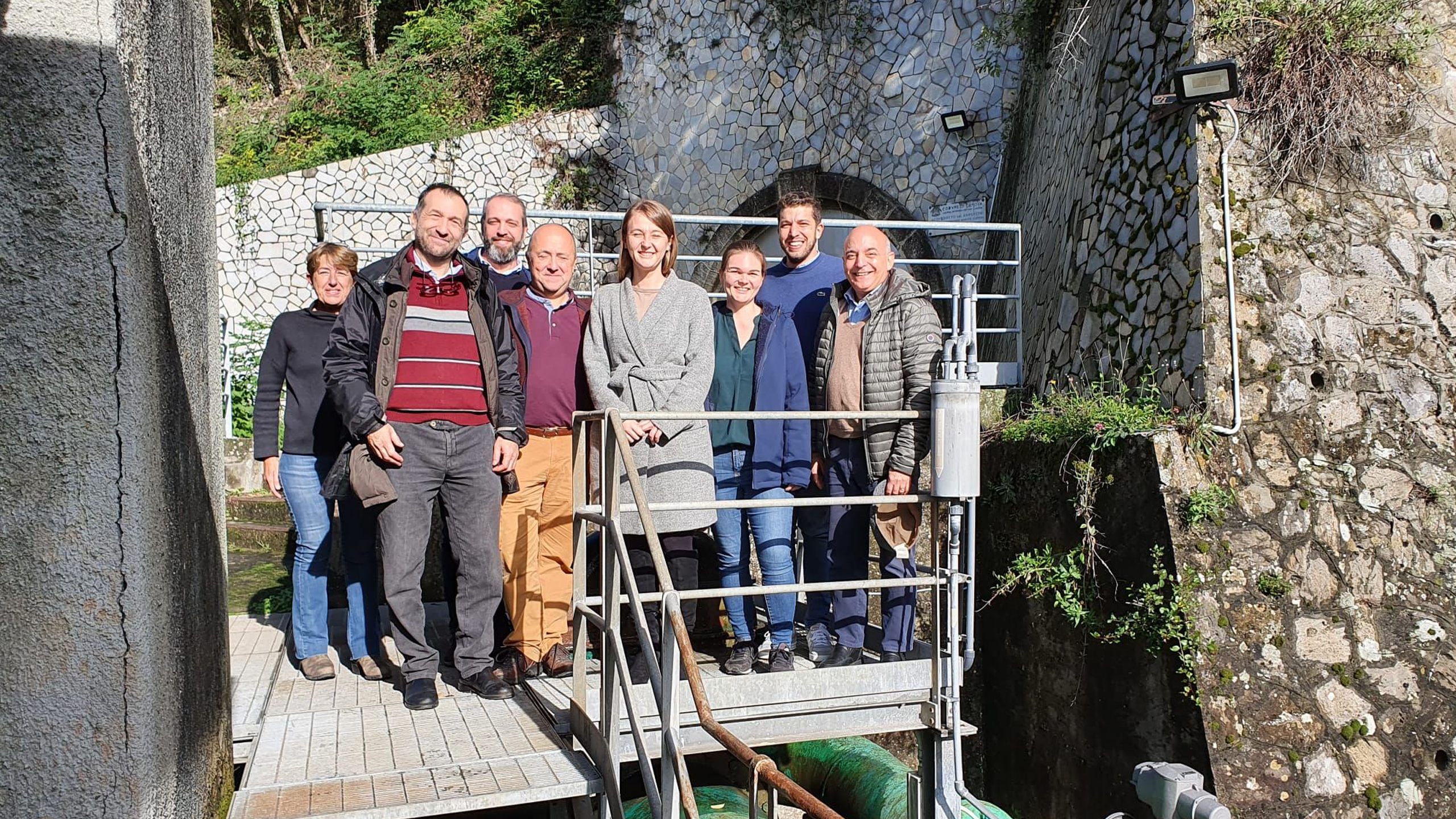
The whole Marilia consortium met in Genoa, Italy on 15th and 16th November 2022 for the sixth project General Assembly, after last one in Rome this summer. The meeting was a crucial step for the definition of key elements of the exploitation plan. For this reason, aspects were validated from a technical-scientific point of view and the results obtained during the project were collected and highlighted.

English translation of press release originally published on OTS
AIT is developing a new detection method for infectious bacteria with partners
Vienna (OTS) – Researchers at the AIT Austrian Institute of Technology, together with partners from Croatia and Italy, are developing a powerful tool that will enable a highly sensitive, rapid and cost-effective detection method for infectious bacteria.
AIT is developing a new detection method for infectious bacteria with partners
Vienna (OTS) – Researchers at the AIT Austrian Institute of Technology, together with partners from Croatia and Italy, are developing a powerful tool that will enable a highly sensitive, rapid and cost-effective detection method for infectious bacteria.
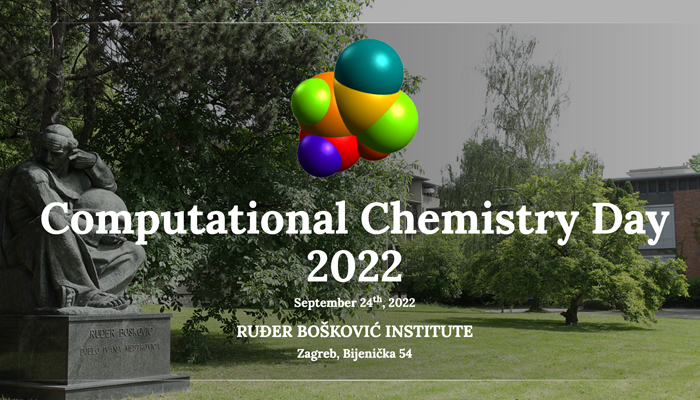
Marilia results were presented at Computational Chemistry Day 2022, a yearly meeting of all students and researchers interested in the fields of computational chemistry and molecular modeling. It was hosted by Rudjer Boskovic Institute in Zagreb on Saturday, September 24.
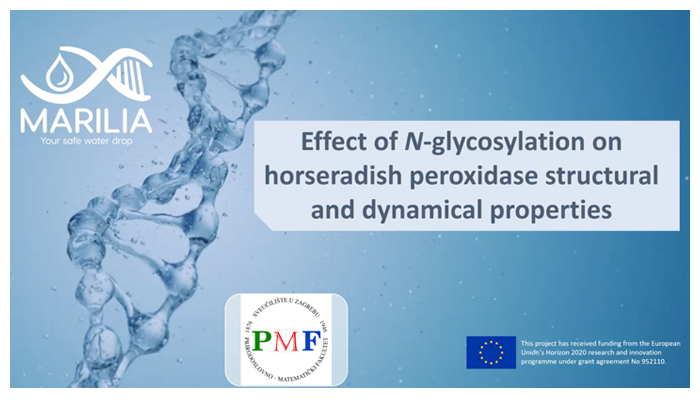
The new publication “Effect of N-glycosylation on horseradish peroxidase structural and dynamical properties” is available on Marilia website and Computational and Structural Biotechnology Journal.
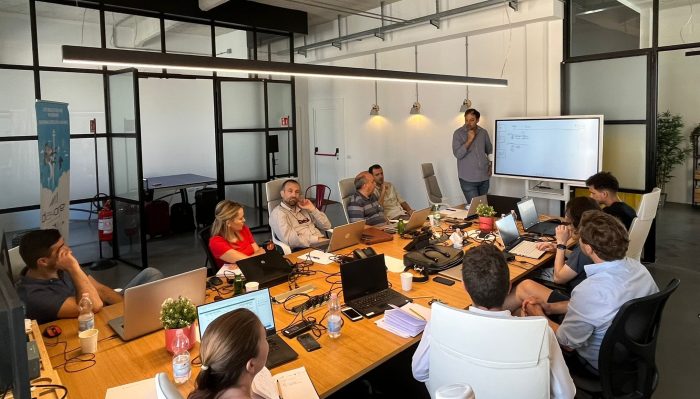
Marilia’s GA5 meeting was held on the 8th and 9th June at Day One’s offices in Rome. This was the first physical progress meeting since the outbreak of the Covid-19 pandemic and the earthquake that hit Croatia in 2020, therefore this was the opportunity for all the consortium partners to actually meet face to face.
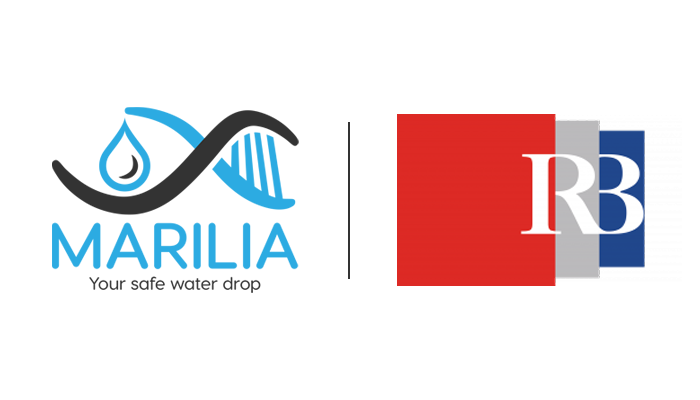
RBI (LBIS) will be responsible for the linking of DNA tags to proteins by developing in parallel the “click” based approach and as an alternative peptide-link based variant. In addition, LBIS will perform the characterisation of the obtained conjugates, and the study of their functional organisation in aqueous, biorelevant medium.
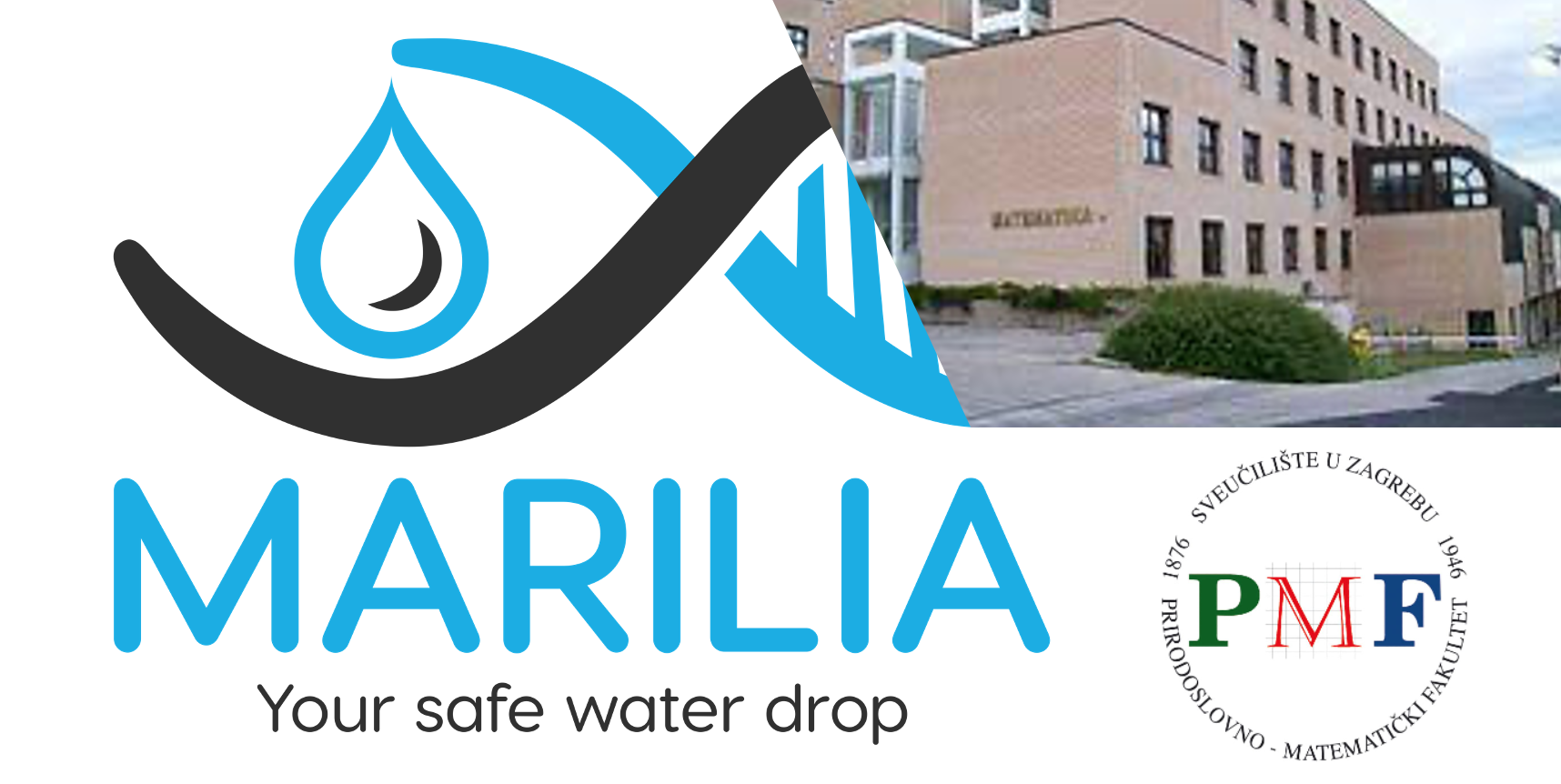
The group at Faculty of Science, University of Zagreb, contributed to the MARILIA project with computational research providing the simulations of systems that are in the focus of the project.
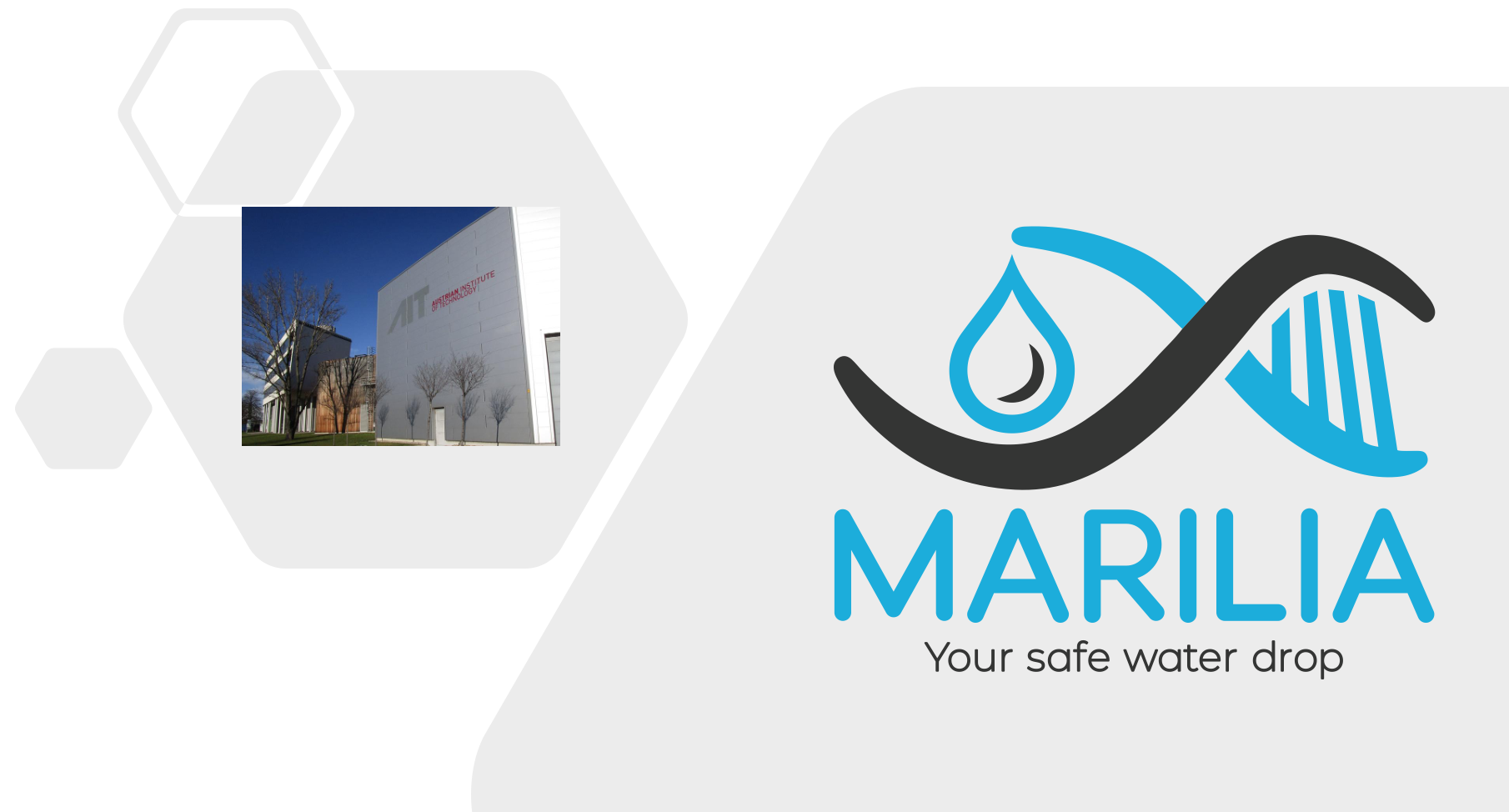
The multidisciplinary MARILIA consortium was thoughtfully built to provide the innovative,
translational research. Having scientists of different expertise on board (chemistry, biophysics,
molecular biology, computational visualization), MARILIA project aims to develop a quick assay to
test the safety of drinking water.
translational research. Having scientists of different expertise on board (chemistry, biophysics,
molecular biology, computational visualization), MARILIA project aims to develop a quick assay to
test the safety of drinking water.

MARILIA partners participated in the 27th Croatian Meeting of Chemists and Chemical Engineers (27HSKIKI) in Veli Lošinj with oral and poster presentations. Both were a success and highly attended accompanied by fruitful discussions.
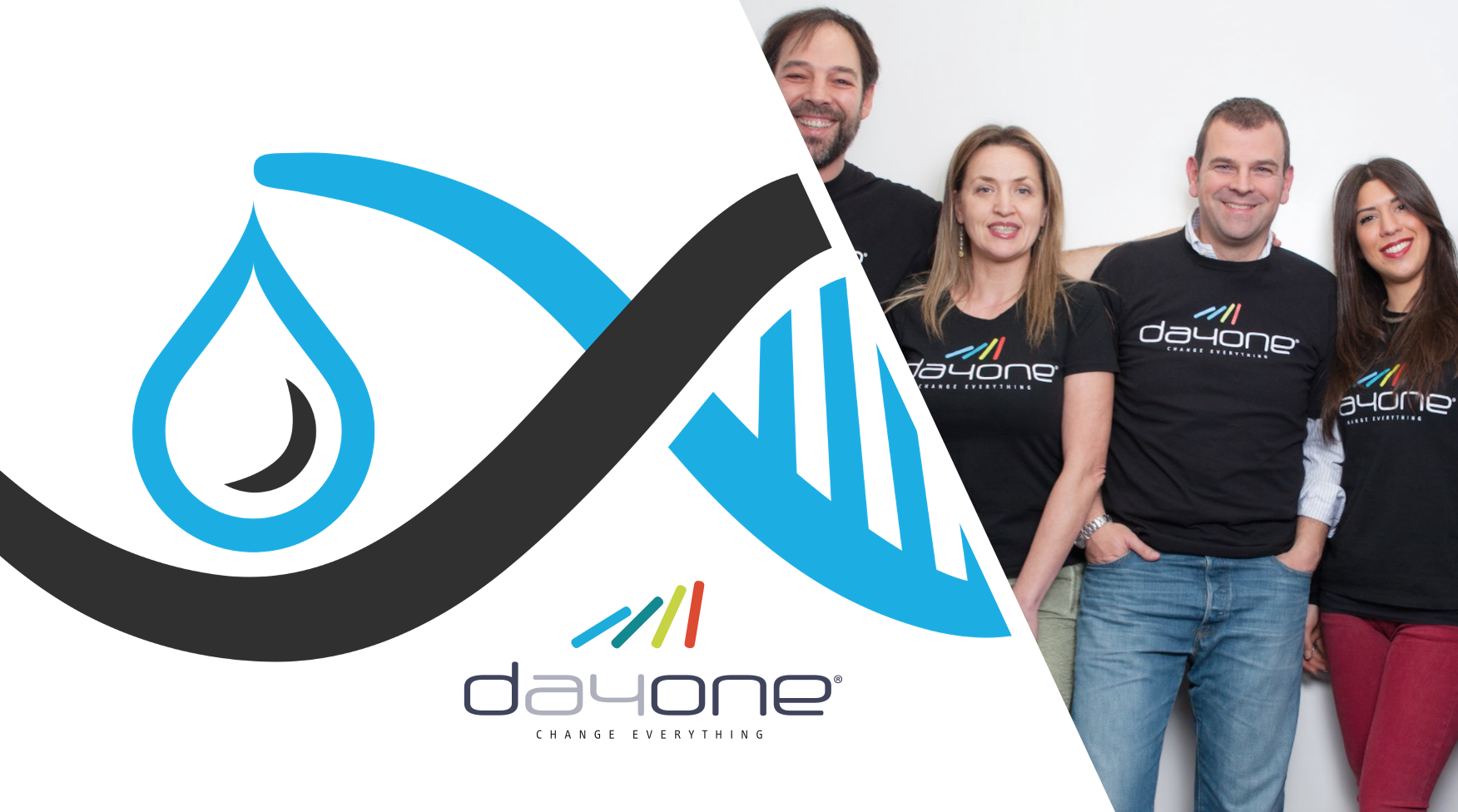
What we have learned and what we'll focus on the next year of the MARILIA project
The first year of the MARILIA project has seen groundbreaking scientific and collaborative achievements in research and implementation of the MARILIA technology, thanks to the hard work carried out by the MARILIA Consortium, whose expertise covers the full research and market development value chain of the project.

In MARILIA, the University of Zagreb will be responsible for the computational research in support of the project, as well as for the interpretation of computational results based on the experimental data.
In this article, we talk about the importance to build a European research area and its benefits in terms of knowledge.
The University of Zagreb experience, from three perspectives!
In this article, we talk about the importance to build a European research area and its benefits in terms of knowledge.
The University of Zagreb experience, from three perspectives!
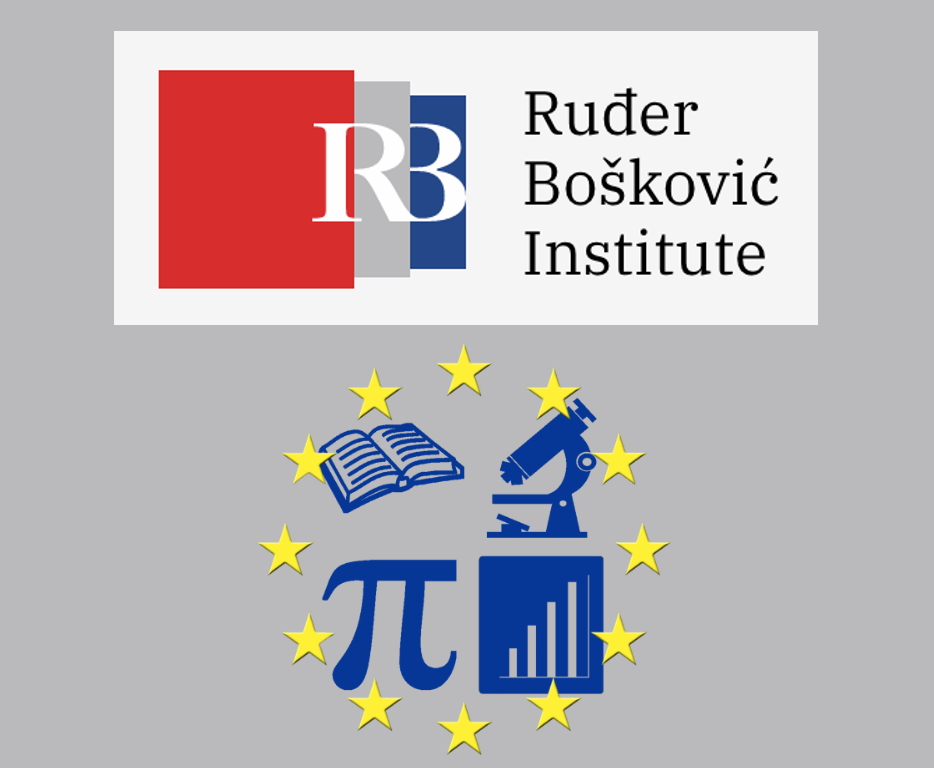
The Ruđer Bošković Institute (RBI) is by far the largest Croatian non-university scientific research centre of a multidisciplinary character with over 1000 employees, with the mission of excelling in scientific research in the natural, biomedical and engineering sciences, with contributions to higher education and cooperation with the business sector based on outstanding scientific research.
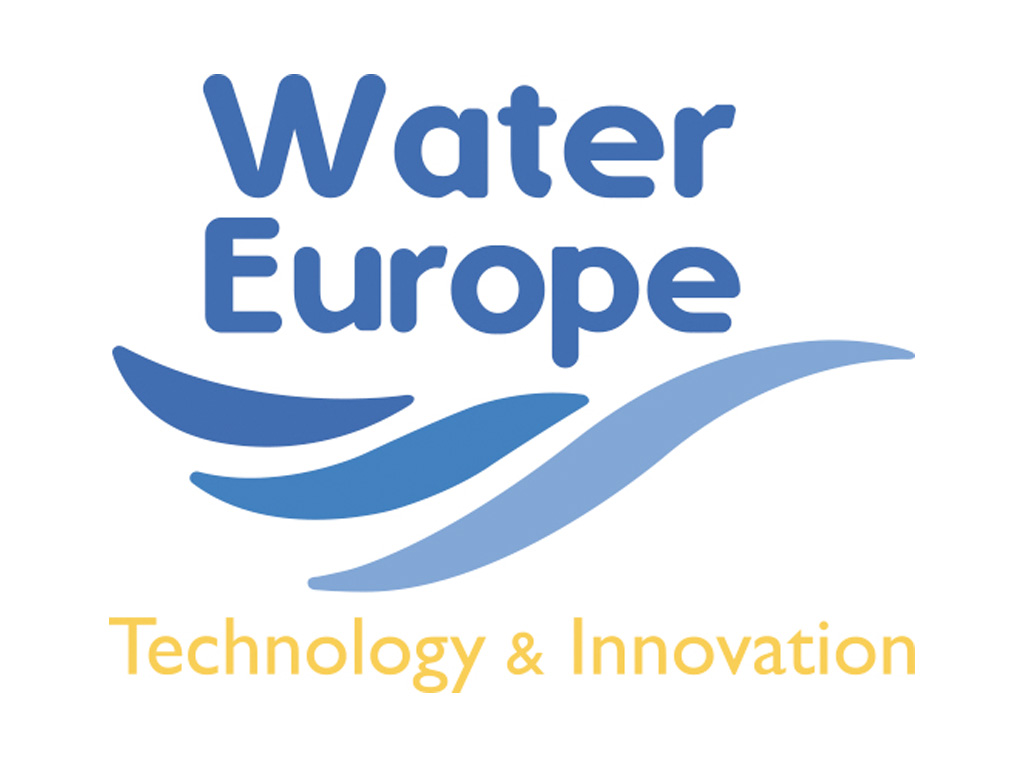
The Water Europe (WE) is the most recognized voice and promoter of water-related innovation and RTD in Europe. Since 2004, the membership and activities of the organization have continuously grown and evolved in line with its ambition to represent the whole value-chain of water and achieve a European Water-Smart Society.

